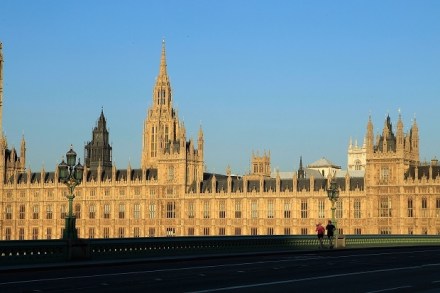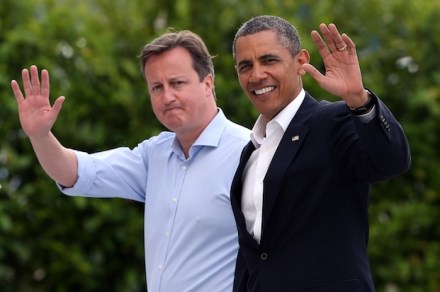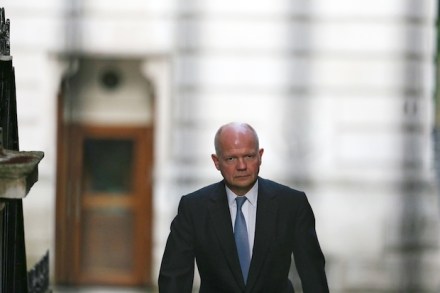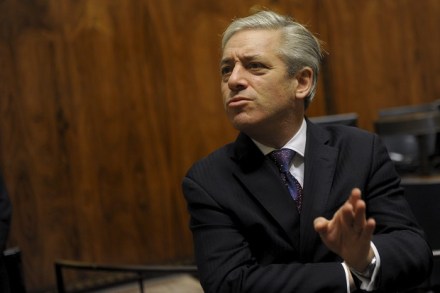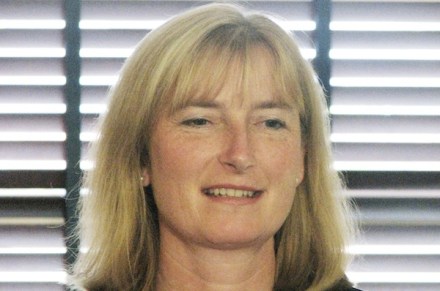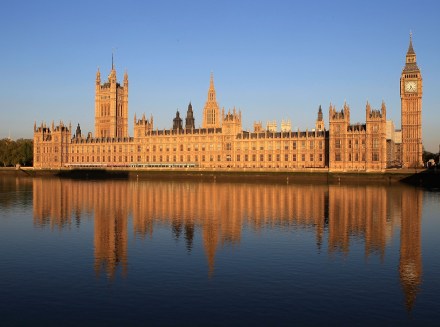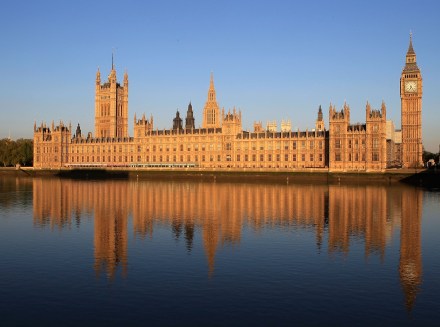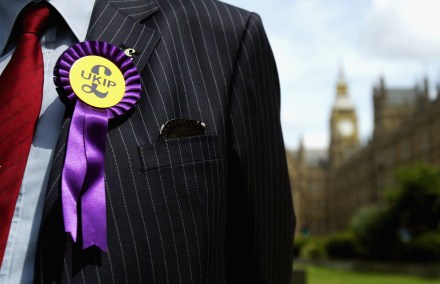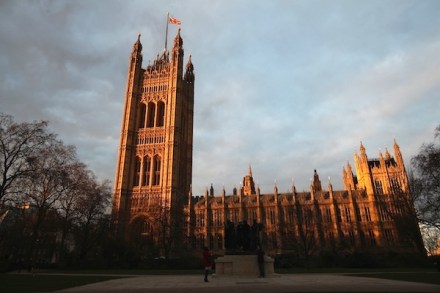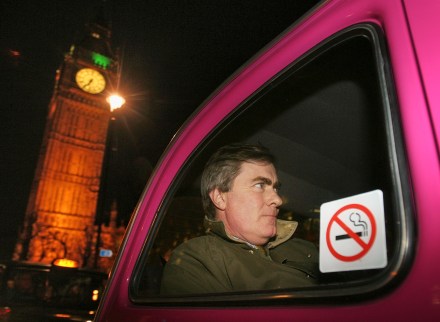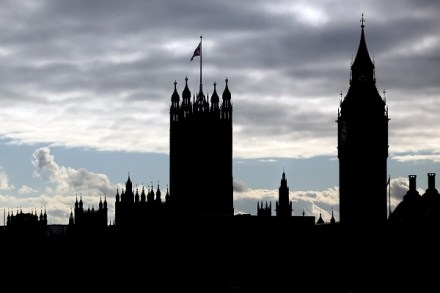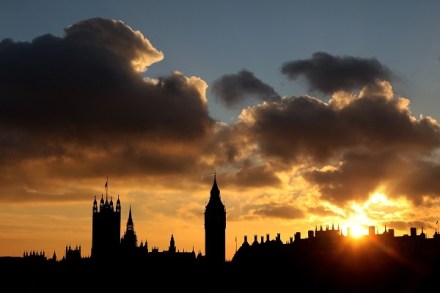Are Parliament’s select committees working? – I say no
Our parliamentary select committees need to be taken seriously. Yet, for them to be so, we need to clarify their legal powers, use wider expertise and practice what we preach. Select committees have recently been in the spotlight, and Parliament’s liaison committee — made up of the chairs of all the select committees — has announced a detailed review as doubts over effectiveness have grown. Last week the Energy and Climate Change Committee examined the spiralling cost of energy; but, despite the fact that price hikes for millions of homes is a top political priority, only one of the big six energy companies thought the occasion worthy of sending their
